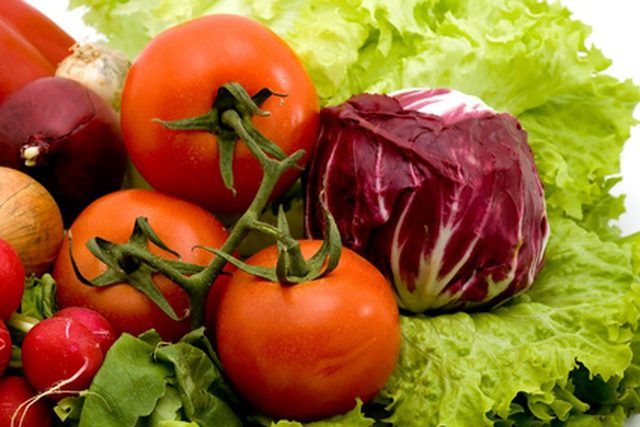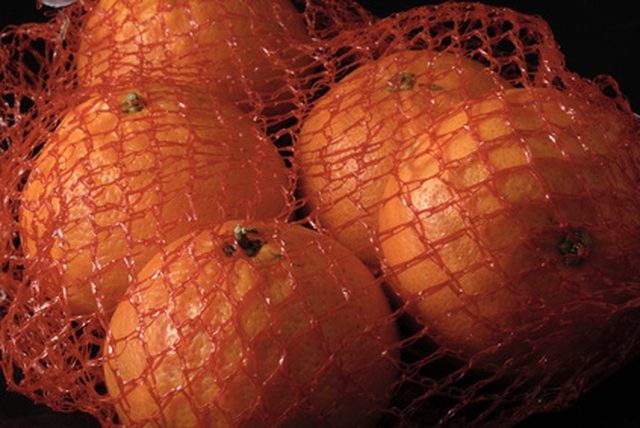Bulbs
Flower Basics
Flower Beds & Specialty Gardens
Flower Garden
Garden Furniture
Garden Gnomes
Garden Seeds
Garden Sheds
Garden Statues
Garden Tools & Supplies
Gardening Basics
Green & Organic
Groundcovers & Vines
Growing Annuals
Growing Basil
Growing Beans
Growing Berries
Growing Blueberries
Growing Cactus
Growing Corn
Growing Cotton
Growing Edibles
Growing Flowers
Growing Garlic
Growing Grapes
Growing Grass
Growing Herbs
Growing Jasmine
Growing Mint
Growing Mushrooms
Orchids
Growing Peanuts
Growing Perennials
Growing Plants
Growing Rosemary
Growing Roses
Growing Strawberries
Growing Sunflowers
Growing Thyme
Growing Tomatoes
Growing Tulips
Growing Vegetables
Herb Basics
Herb Garden
Indoor Growing
Landscaping Basics
Landscaping Patios
Landscaping Plants
Landscaping Shrubs
Landscaping Trees
Landscaping Walks & Pathways
Lawn Basics
Lawn Maintenance
Lawn Mowers
Lawn Ornaments
Lawn Planting
Lawn Tools
Outdoor Growing
Overall Landscape Planning
Pests, Weeds & Problems
Plant Basics
Rock Garden
Rose Garden
Shrubs
Soil
Specialty Gardens
Trees
Vegetable Garden
Yard Maintenance
Proper Humidity for Storing Fruits & Vegetables
Proper Humidity for Storing Fruits & Vegetables. You pull your carrots out of the garden or bring the lettuce home from the store and toss them onto the refrigerator shelf. By salad time, the carrots are shriveled and the lettuce is brown and wilted. The problem is likely that you did not take time to store your produce under the right humidity...

You pull your carrots out of the garden or bring the lettuce home from the store and toss them onto the refrigerator shelf. By salad time, the carrots are shriveled and the lettuce is brown and wilted. The problem is likely that you did not take time to store your produce under the right humidity conditions, a situation that can be avoided the next time you store fresh produce.
Definition
Relative humidity is the level of water vapor in the air. The higher the percentage of humidity, the more water in the air. You can prevent moisture loss in vegetables and fruits by keeping them cool and at the highest level of relative humidity the particular variety can handle, according to the University of Tennessee Extension.
Importance
Without the proper level of humidity, vegetables and fruits suffer. Produce that shrinks, wrinkles or spoils quickly likely has been stored in too high or too low humidity, say horticulture experts at the Purdue University Cooperative Education Service. Once you know what humidity level different types of vegetables and fruit need, you can prolong freshness.
In the Refrigerator
Refrigerator crisper drawers can help maintain the right humidity level, especially if they are kept at least half full. Damp towels placed inside the crisper can compensate for the drier air found in most refrigerators, the University of Tennessee Extension advises. Winter squash and tomatoes are among vegetables that should not be refrigerated, the Purdue experts note.
Other Storage Methods
In past generations, root cellars were common in homes to help preserve the season's fruits and vegetables throughout the winter. They worked because they kept storage conditions favorable to the produce, including humidity levels. A humidity gauge can help monitor the level in your storage areas, which can include the basement. Dampening the floor, placing containers of water under air vents or using damp straw or sawdust can increase humidity. More complex pits and tile storage units also can be built to store vegetables and fruits, Purdue horticulture experts note.

Vegetables
Vegetables needing high relative humidity between 85 percent and 95 percent include asparagus, beets, broccoli and cabbage, carrots, cauliflower, celery, beans, peas, radishes, corn and turnips. Greens, scallions and lettuces also need high humidity, but should be kept separate, the University of Tennessee Extension recommends. Keep things dry, below 85 percent humidity, for pumpkins, squash, onions and garlic.
Fruits
Fruits that like high humidity include apples, sour cherries, peaches, pears, plums, apricots, avocados and berries, while a medium level is recommended for grapes, sweet cherries, melons and citrus fruits, the Purdue horticulture department advises.